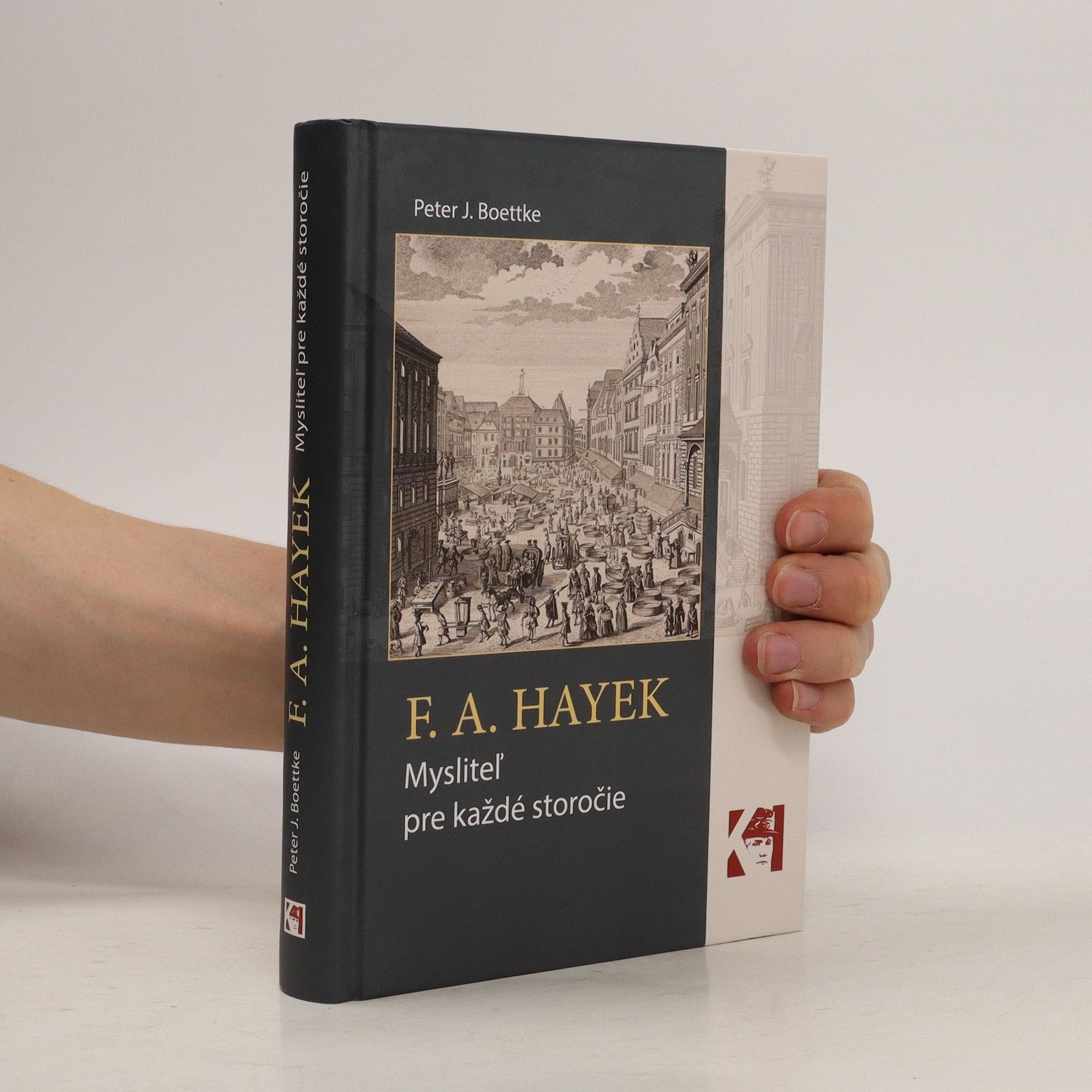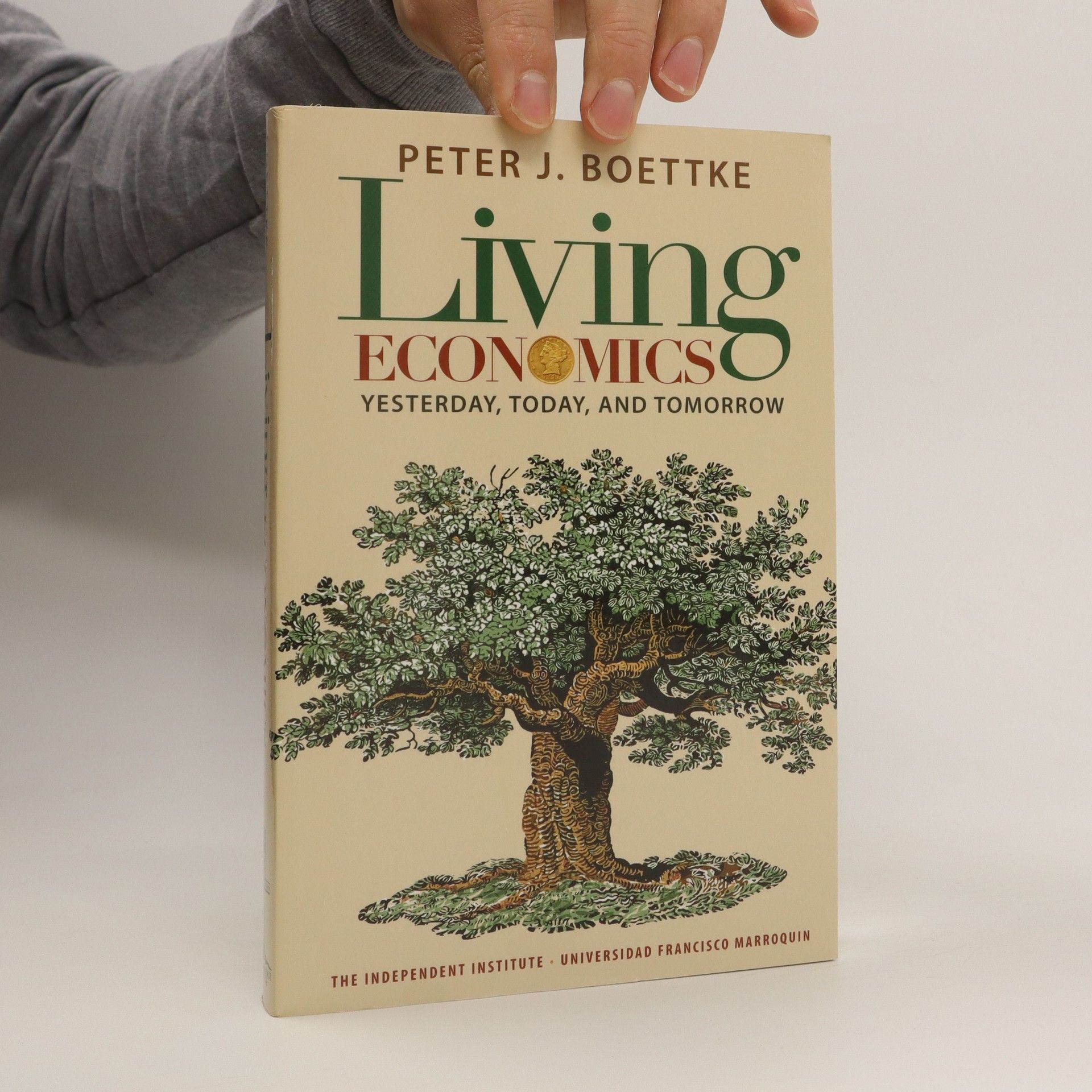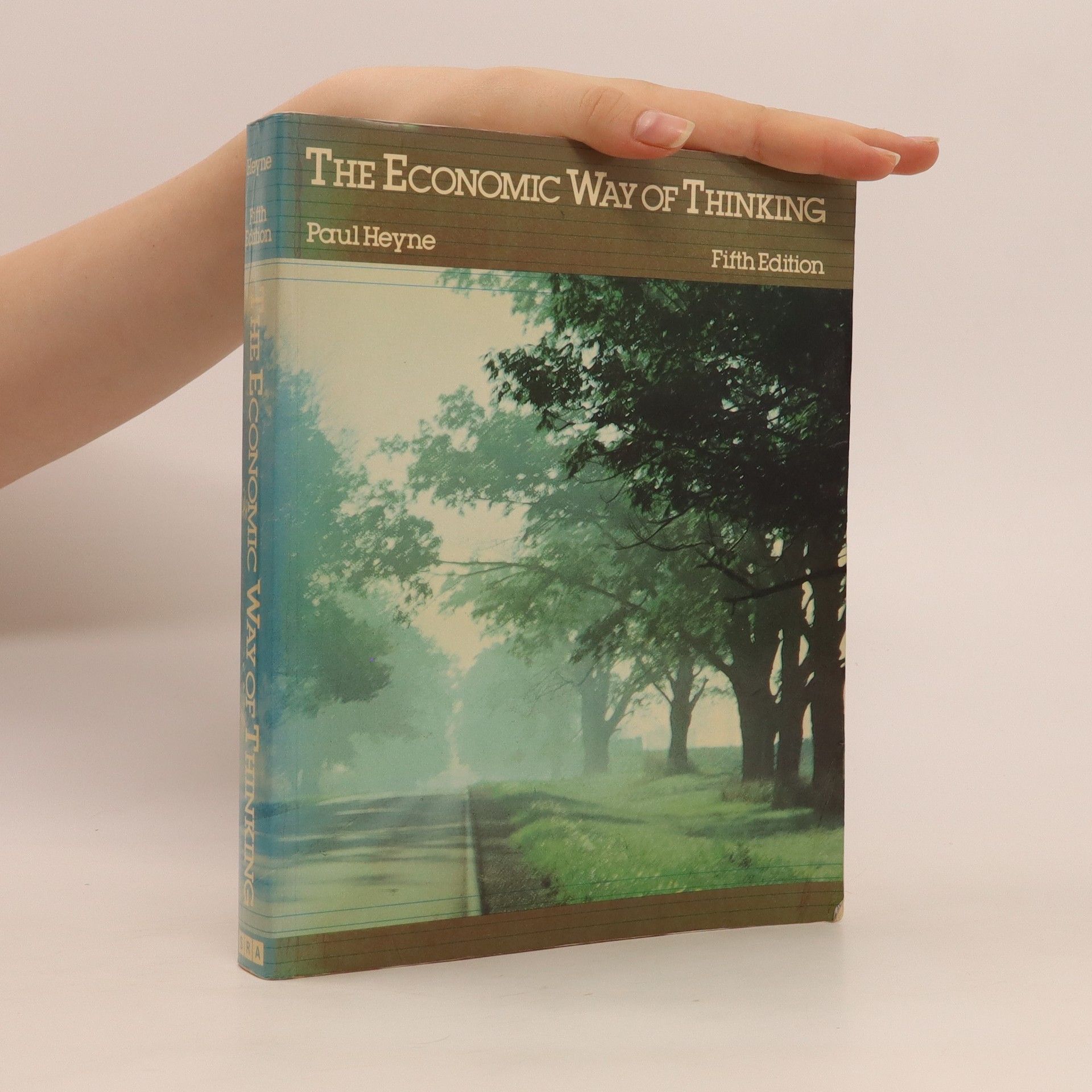The Struggle for a Better World
- 340 pages
- 12 hours of reading
In The Struggle for a Better World, Peter J. Boettke explores how the social sciences, and political economy in particular, help us understand society and its institutions of governance. Boettke advances an approach for understanding, articulating, and pursuing a coherent and consistent vision of a society of free and responsible individuals who may prosper through voluntary participation in the market and their communities. In this volume, a collection of addresses, lectures, and papers over the past two decades, Boettke articulates ideas which, if consistently pursued, can help fulfill liberalism's emancipatory promise to advance human flourishing and overcome adversity caused by economic, social, and political injustice and repression. Boettke advocates for liberal cosmopolitanism, grounded in the principles of equality, justice, and liberty, and the basic recognition that all people are dignified equals, as the best hope for a better world.





